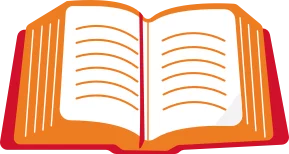
‘We wouldn’t commission a builder to build a new church building without first ensuring that the foundations were solid and the ground well-prepared. Likewise, before translation can start there is a lot of groundwork to be done in understanding how a language works, and then developing the language – like designing a writing system for an unwritten language so it can be used in new ways that are needed for translation. ‘Through this process of understanding and developing their language, the unique beauty of each language is uncovered and finds its way into the translation. Then a community affirms that this really is God’s word in their language! This is what doing good linguistics is all about.’
Paul Murrell, linguist serving with Wycliffe
Many of the 1,600 languages where Bible translation is still needed do not yet have a written form.
The majority have never been analysed or documented.
In many cases, language communities are keen to see their language developed, but lack training and encouragement.

‘There are all sorts of languages in the world, yet none of them is without meaning.’
1 Corinthians 14:10
Working alongside members of a language community, a linguist will work towards:
The School of Language and Scripture provides training in linguistics. Applicants for linguistic work:
The impact of language development can ripple out far beyond Bible translation, transforming the lives of individuals and communities in many ways.
Watch the ‘Ripple effects of Bible translation’ video to find out more:
We would love to talk to you about serving God through linguistics – contact us here.